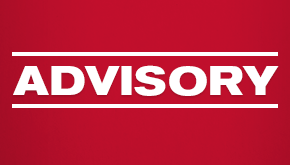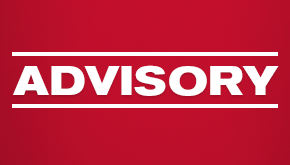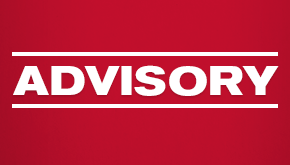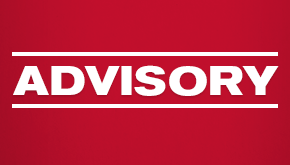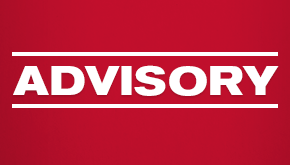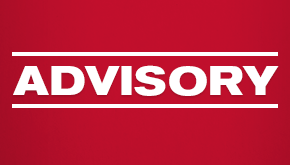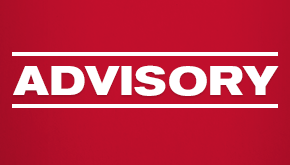New Overtime Eligibility Rules Take Effect on Jan. 1, 2020
The U.S. Department of Labor published its final rule today, revising the minimum salary thresholds that apply to white-collar exemptions from overtime eligibility under the Fair Labor Standards Act. The Department of Labor estimates that 1.3 million workers will become eligible to earn overtime compensation under the new rule.
The final rule, which takes effect on Jan. 1, 2020, implements the following significant changes (among others):
- the rule increases the minimum "standard salary" applicable to the executive, professional and administrative exemptions from $455 to $684 per week (i.e., an annualized salary of $35,568 for a full-time employee);
- the rule raises the total annual compensation level for "highly compensated employees" from $100,000 to $107,432 per year; and
- the rule allows employers to use nondiscretionary bonuses and incentive payments (including commissions) paid at least annually to satisfy up to 10% of the minimum standard salary level.
The new rule does not impact certain overtime exemptions, such as the Motor Carrier Act exemption or the computer-related employee exemption. However, an employer relying on the executive, professional or administrative exemptions or the ”highly compensated employee” exemption to treat an employee as “exempt” from overtime eligibility should review that employee’s salary to confirm that the employee’s salary is high enough to maintain an exempt classification after the new rule becomes effective.
Armstrong Teasdale’s Employment and Labor practice routinely guides employers in their efforts to comply with the broad landscape of wage and hour laws and will issue additional alerts as the pay-related obligations of employers continue to evolve.


